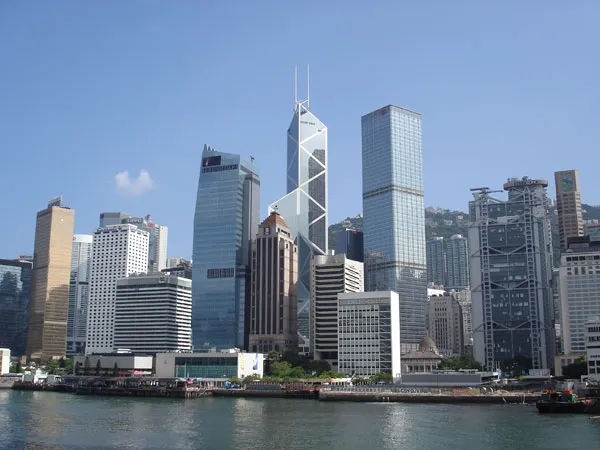
Hong Kong holds back capital outflows for now: Natixis
The HSI volatility index has shot up slightly above the VIX index, which reflects the global environment.
The current state of capital outflows are not yet worrisome, although the ongoing negative economic and social sentiments may increase outflow of capital, according to a report by investment banking company Natixis.
The report said that the available data on capital flows does not look very worrisome-- yet.
No surge in short selling has so far been observed for the Hang Seng Index (HSI) although the HSI volatility index has shot up slightly above the VIX index, which reflects the global environment. For portfolio flows by foreign institutional investors, net capital outflows remain moderate, said Natixis.
Natixis also noted that confidence in the growth and local real estate has plummeted due to the triple whammy of cooling global and Chinese economy, trade tensions, and mass protests faced by Hong Kong. In contrast, interest for overseas properties ballooned.
“If the negative sentiment continues, the rapidly decelerating economic environment could entice capital outflows,” the report stated.
Meanwhile, HKD’s weakness is no longer driven by arbitrage activities (carry trades) as the yield differentials (HIBOR - LIBOR) have narrowed or turned positive for some tenors.
“It is still hard to conclude what is pushing the HKD towards the weaker end with an increasing high HIBOR since there are clearly concomitant factors, such as the RMB mini-devaluation in early August and the deteriorating HKD liquidity as shown by the aggregate balance,” noted Natixis.
Furthermore, the Hong Kong Monetary Authority (HKMA) has accumulated a very large stock of exchange bills and notes during years of capital inflows and excess liquidity, which they can now redeem to inject liquidity, the report said.
Also read: Exchange Fund assets up to $4.14t in July
The island city’s financial sector and economy is dependent in terms of liquidity, on capital inflows and outflows.
For the HKD, its weakness is no longer driven by arbitrage activities (carry trades) as the yield differentials (HIBOR - LIBOR) have narrowed or turned positive for some tenors.
“It is still hard to conclude what is pushing the HKD towards the weaker end with an increasing high HIBOR since there are clearly concomitant factors, such as the RMB mini-devaluation in early August and the deteriorating HKD liquidity as shown by the aggregate balance,” noted Natixis.
Still, the report noted that with the Hong Kong Monetary Authority (HKMA) having accumulated a very large stock of exchange bills and notes during years of capital inflows and excess liquidity, they can now redeem these to inject liquidity.
On the other hand, deposits decelerated at a faster rate than loans and the loan-to-deposit ratio for the HKD has climbed to 89%, as of June. This means the credit supply may reduce if deposit growth stays low or turns negative, which should push HIBOR further up. But waning demand for credit, in the light of much lower economic growth, may help to lift part of the pressure on HIBOR, noted Natixis.



















 Advertise
Advertise







